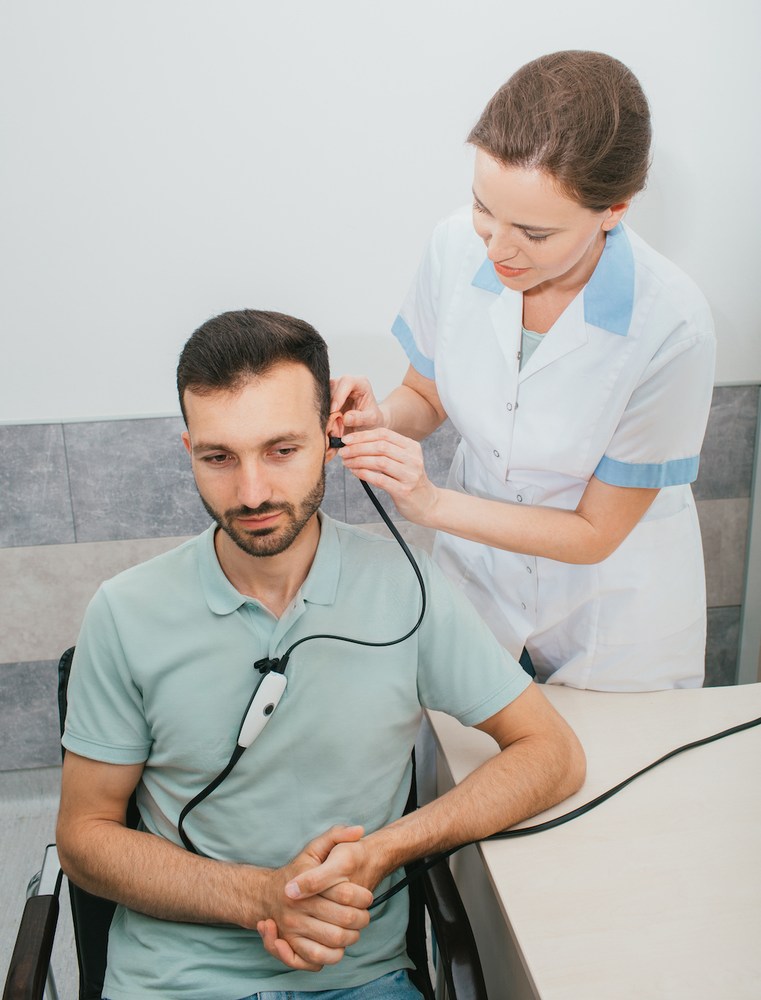What Happens to Hearing After Chemotherapy or Radiation
Cancer treatments such as chemotherapy and radiation are designed to


Cancer treatments such as chemotherapy and radiation are designed to

Sudden hearing loss is different from the gradual hearing changes many

When thinking about your family’s health history, conditions like heart